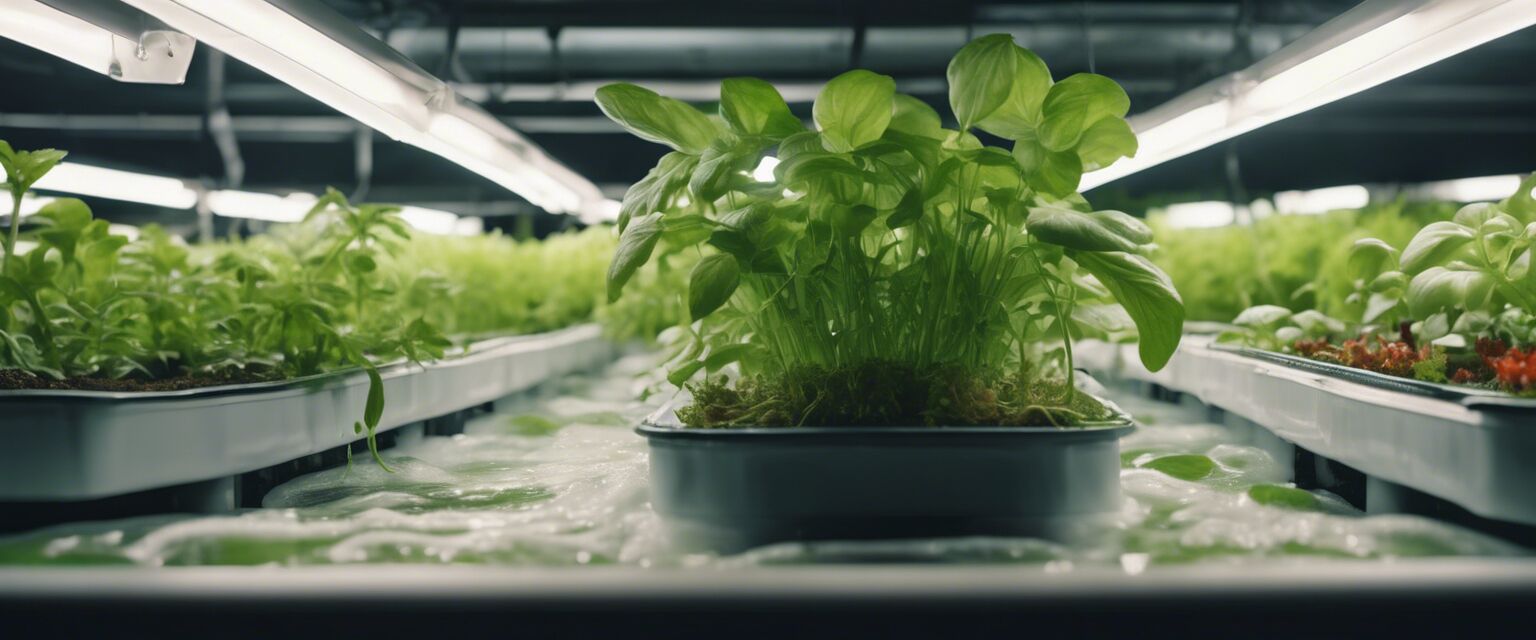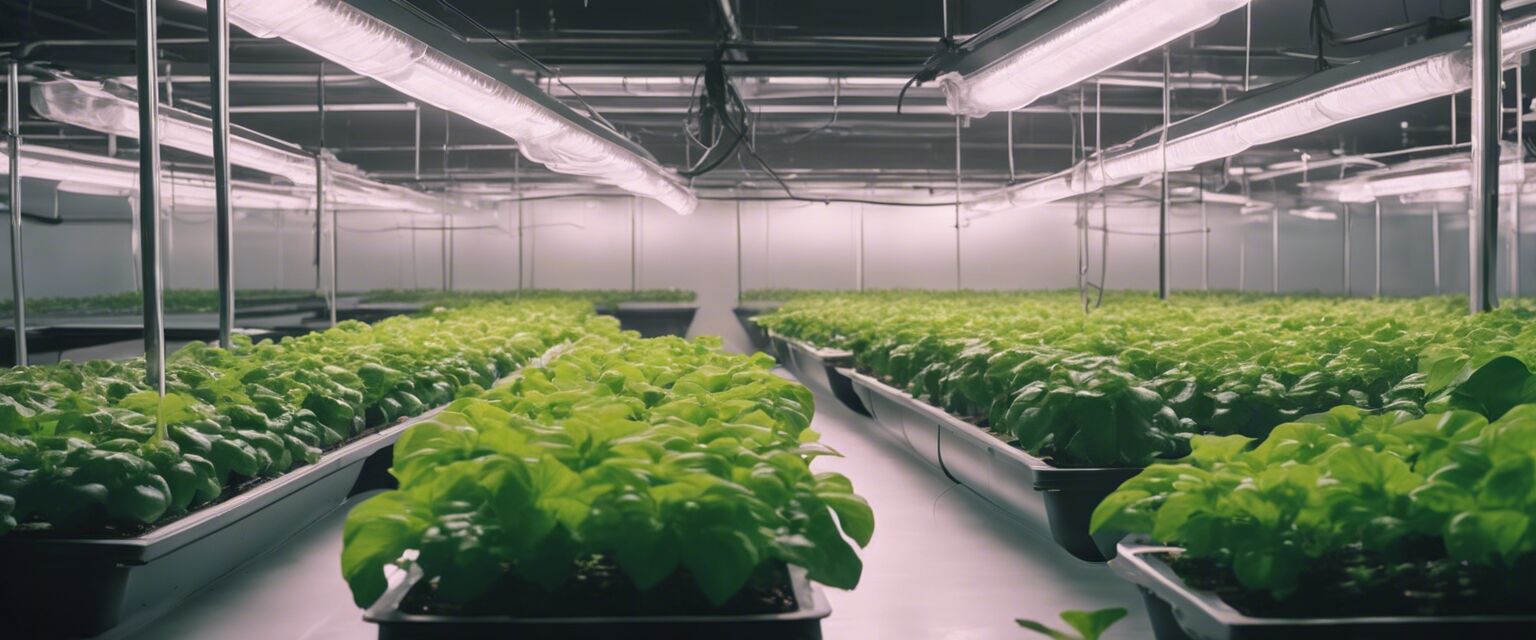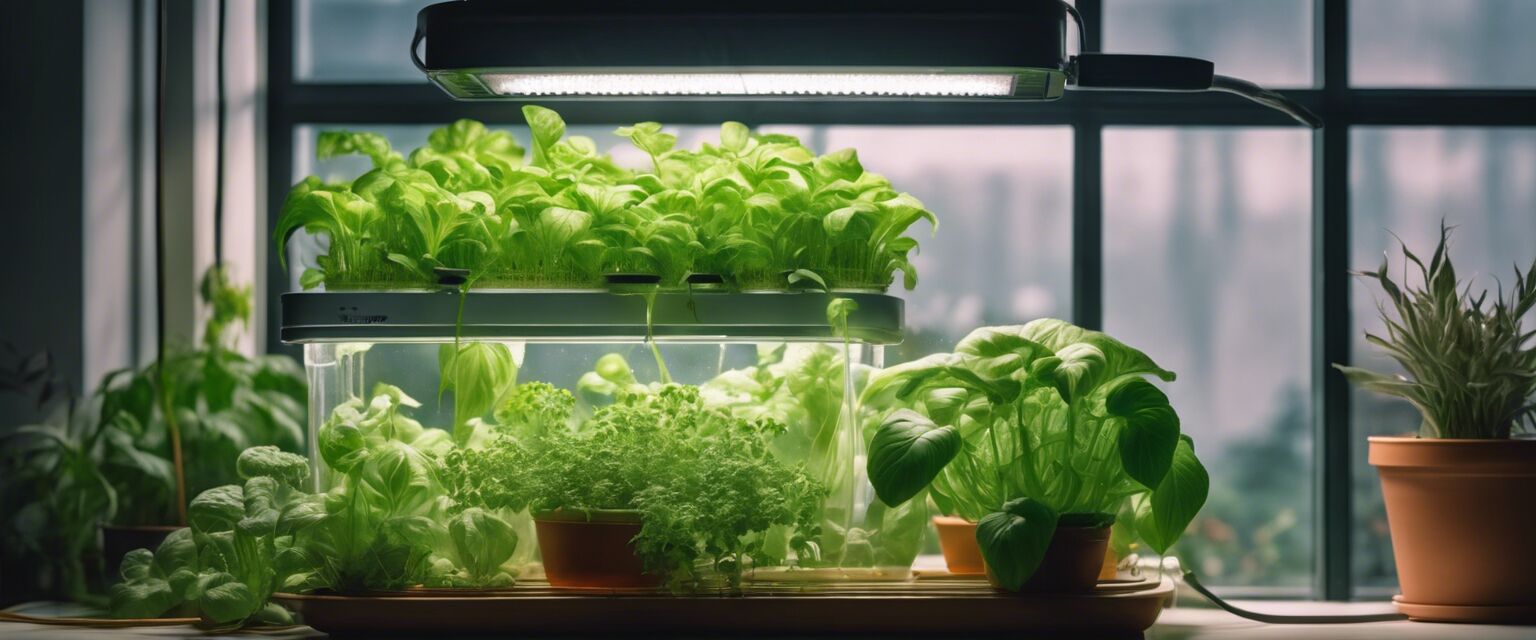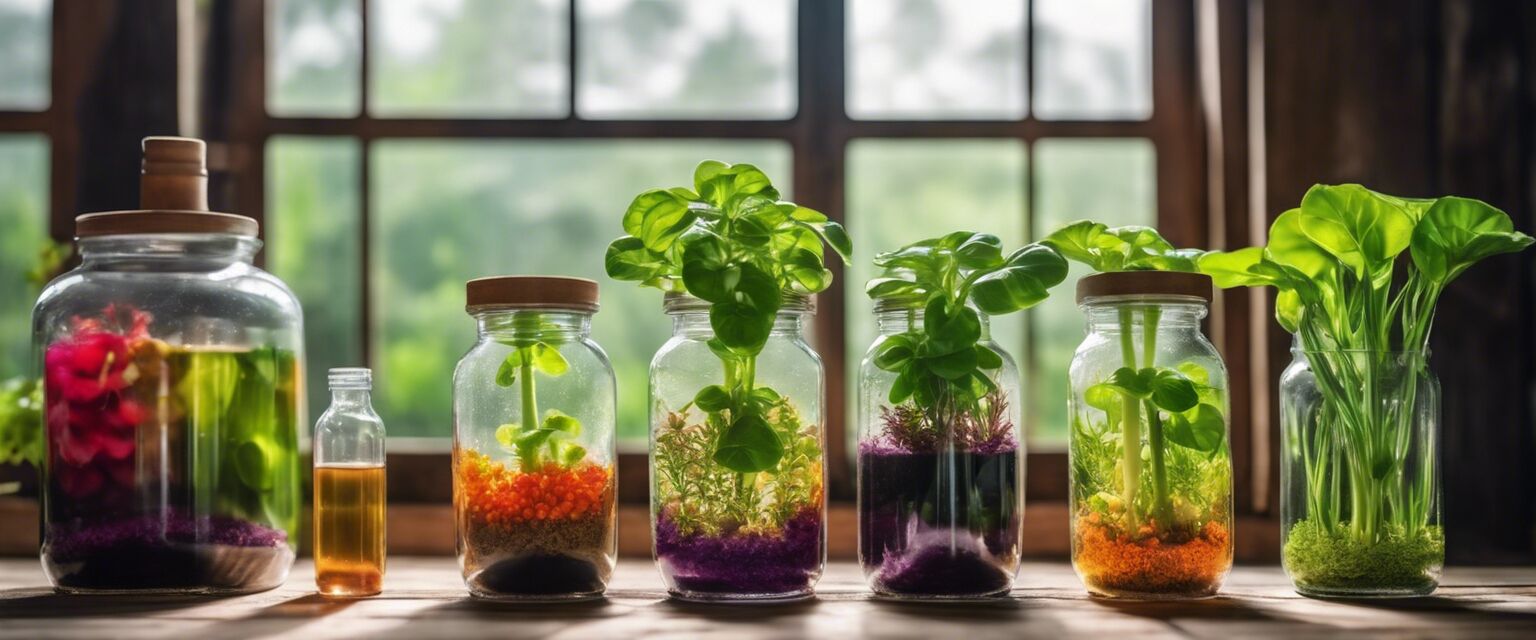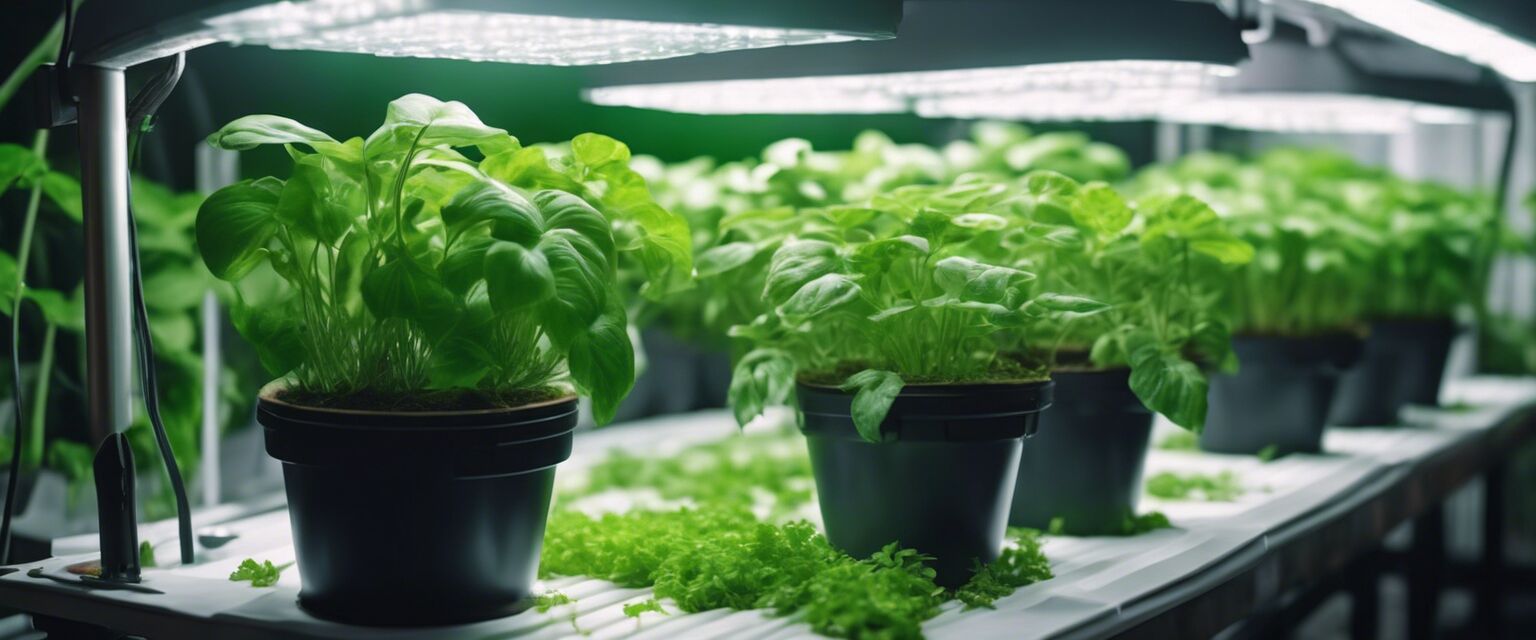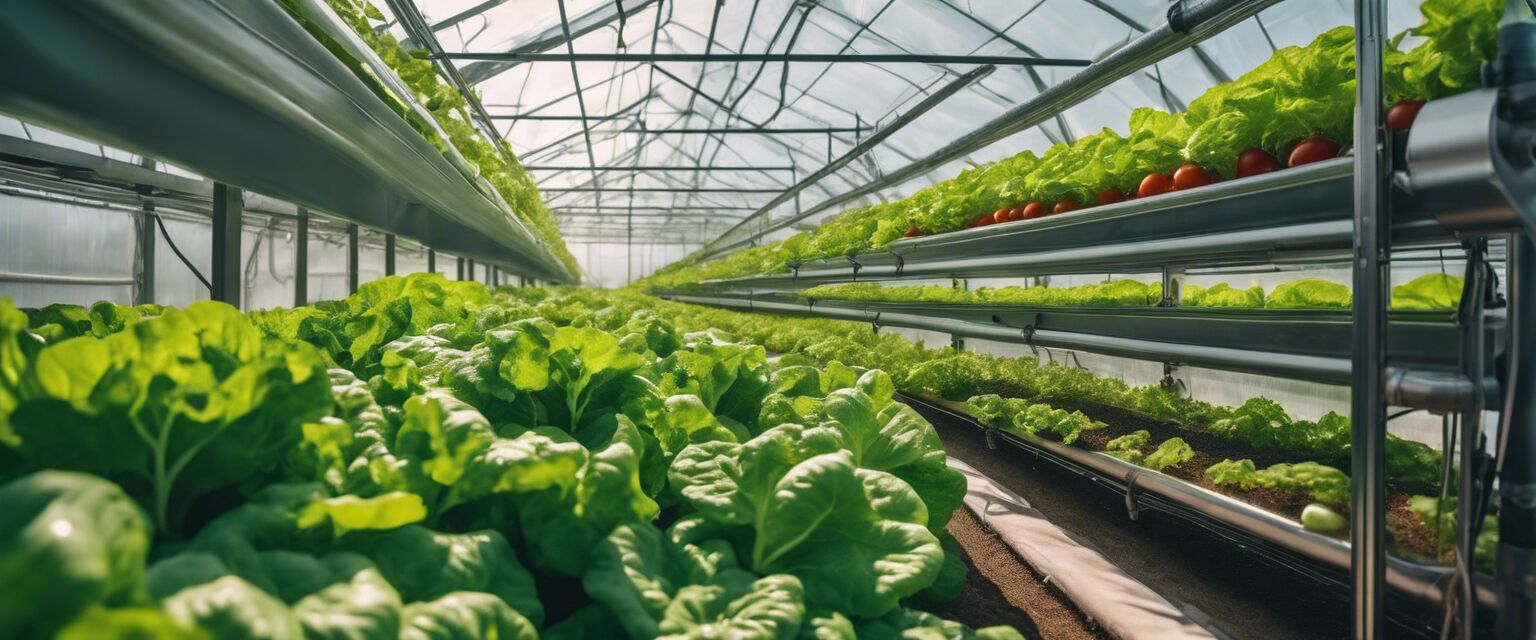
Hydroponic Gardening for Beginners
Key Takeaways
- Hydroponic gardening is a soil-less method of growing plants using nutrient-rich water.
- It is ideal for urban settings, small apartments, and areas with poor soil quality.
- Hydroponics allows for faster growth rates and higher yields compared to traditional gardening.
- Beginners can start with simple systems and gradually move to more complex setups.
Welcome to the exciting world of hydroponic gardening! If you're looking to grow your own plants but don't have access to traditional gardening space or soil, hydroponics may be the perfect solution for you. This article aims to provide you with beginner-friendly tips, FAQs, and guides to get started with hydroponic gardening.
What is hydroponic gardening?
Hydroponic gardening is a method of growing plants without soil by delivering nutrients directly to the plant roots through a water solution. This innovative technique allows for more efficient use of water and space, making it ideal for urban environments and small homes.
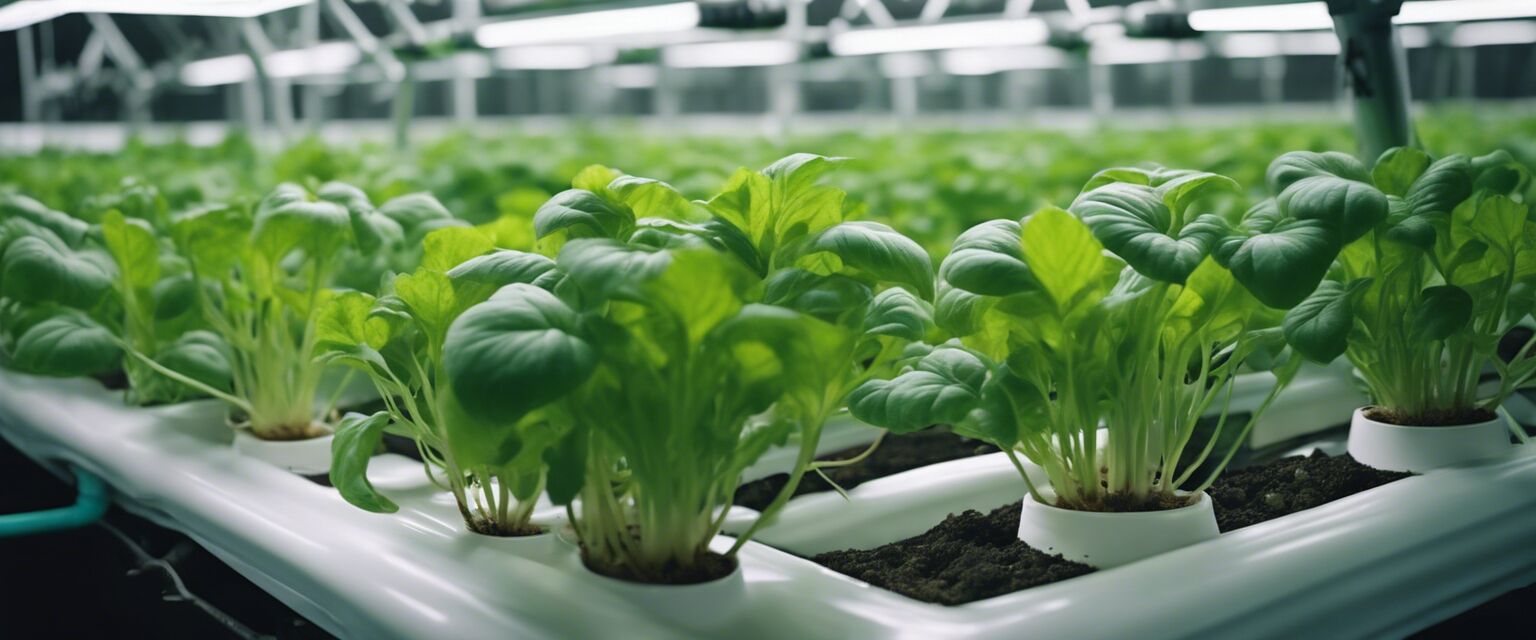
Benefits of hydroponic gardening
- Space-saving: Hydroponic systems can be set up indoors or in small outdoor spaces.
- Water efficiency: Uses up to 90% less water than traditional gardening.
- Faster growth: Plants grow faster due to direct access to nutrients.
- Pest control: Reduced risk of soil-borne pests and diseases.
Types of hydroponic systems
There are several types of hydroponic systems suitable for beginners:
| Type of System | Description | Pros | Cons |
|---|---|---|---|
| Deep Water Culture (DWC) | Plants are suspended in a nutrient-rich water solution. | Simple setup, great for beginners. | Requires monitoring of oxygen levels. |
| Nutrient Film Technique (NFT) | A thin film of nutrient solution flows over the roots. | Efficient use of nutrients and water. | System failure can quickly harm plants. |
| Drip System | Nutrients are delivered directly to the plant roots through drip emitters. | Versatile and can be scaled easily. | Requires regular maintenance. |
| Vertical Hydroponics | Plants are grown vertically to save space. | Maximizes space and light exposure. | Can be complex to set up initially. |
Essential equipment for beginners
To get started with hydroponic gardening, you'll need some essential equipment:
- Hydroponic system (DWC, NFT, etc.)
- Grow lights for indoor gardening
- Nutrient solutions specifically formulated for hydroponics
- Growing media such as clay pellets or rock wool
- Pumps and aeration equipment to ensure proper oxygen levels
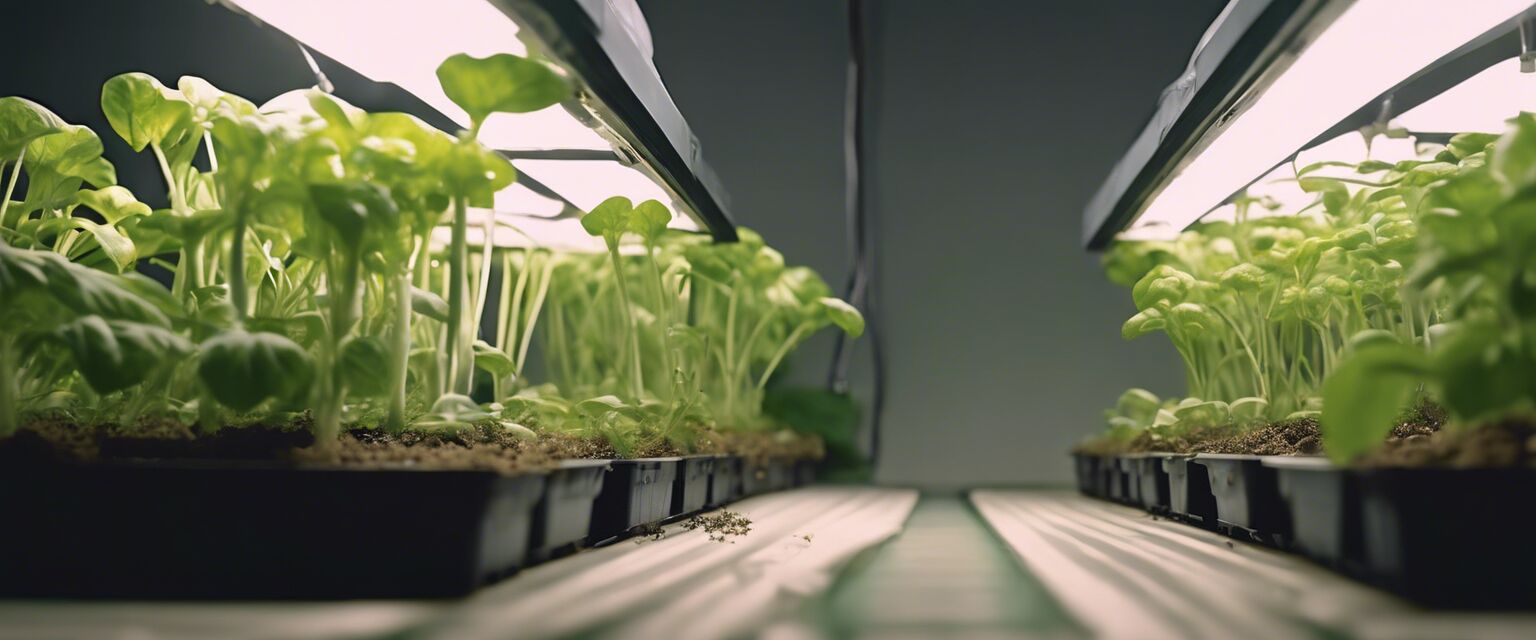
Setting up your hydroponic garden
Follow these steps to set up your hydroponic garden:
- Choose a suitable location with adequate light or set up grow lights.
- Select your hydroponic system based on your space and preferences.
- Prepare your nutrient solution following the manufacturer's instructions.
- Plant seedlings or seeds in your chosen growing media.
- Monitor the system regularly for nutrient levels, pH, and plant health.
Common FAQs about hydroponic gardening
1. Can I grow any plant hydroponically?
Most plants can be grown hydroponically, but leafy greens, herbs, and some fruits are particularly well-suited for this method.
2. How often should I change the nutrient solution?
It's recommended to change the nutrient solution every 1-2 weeks to ensure optimal nutrient levels for your plants.
3. Do I need special lighting for my plants?
If you're growing indoors or in low-light conditions, using grow lights will help your plants thrive.
4. What are the best nutrients for hydroponics?
Using a balanced nutrient solution designed for hydroponics is essential to provide your plants with the nutrients they need.
5. Can I start with a DIY hydroponic system?
Absolutely! Many beginners successfully create simple DIY hydroponic systems using materials like plastic containers and air pumps.
Beginner tips for hydroponic gardening
- Start small and gradually expand your setup as you gain experience.
- Keep a journal to track your plants' growth and any changes in the system.
- Be patient and don't hesitate to ask for help from online communities.
- Regularly check for pests and diseases, even in a hydroponic system.
- Experiment with different plants to see what works best for you.
Conclusion
Hydroponic gardening can be a rewarding and efficient way to grow plants without soil. With the right setup and dedication, you can enjoy fresh produce year-round. For more information on hydroponic systems, visit our Hydroponic Systems page, or explore our Nutrient Solutions for the best nutrients for your plants. Happy gardening!
Pros
- Efficient use of water and space
- Faster growth rates and higher yields
- Reduced risk of soil-borne diseases
- Year-round growing potential
Cons
- Initial setup costs can be high
- Requires regular monitoring and maintenance
- Potential technical issues with equipment
- Learning curve for beginners
